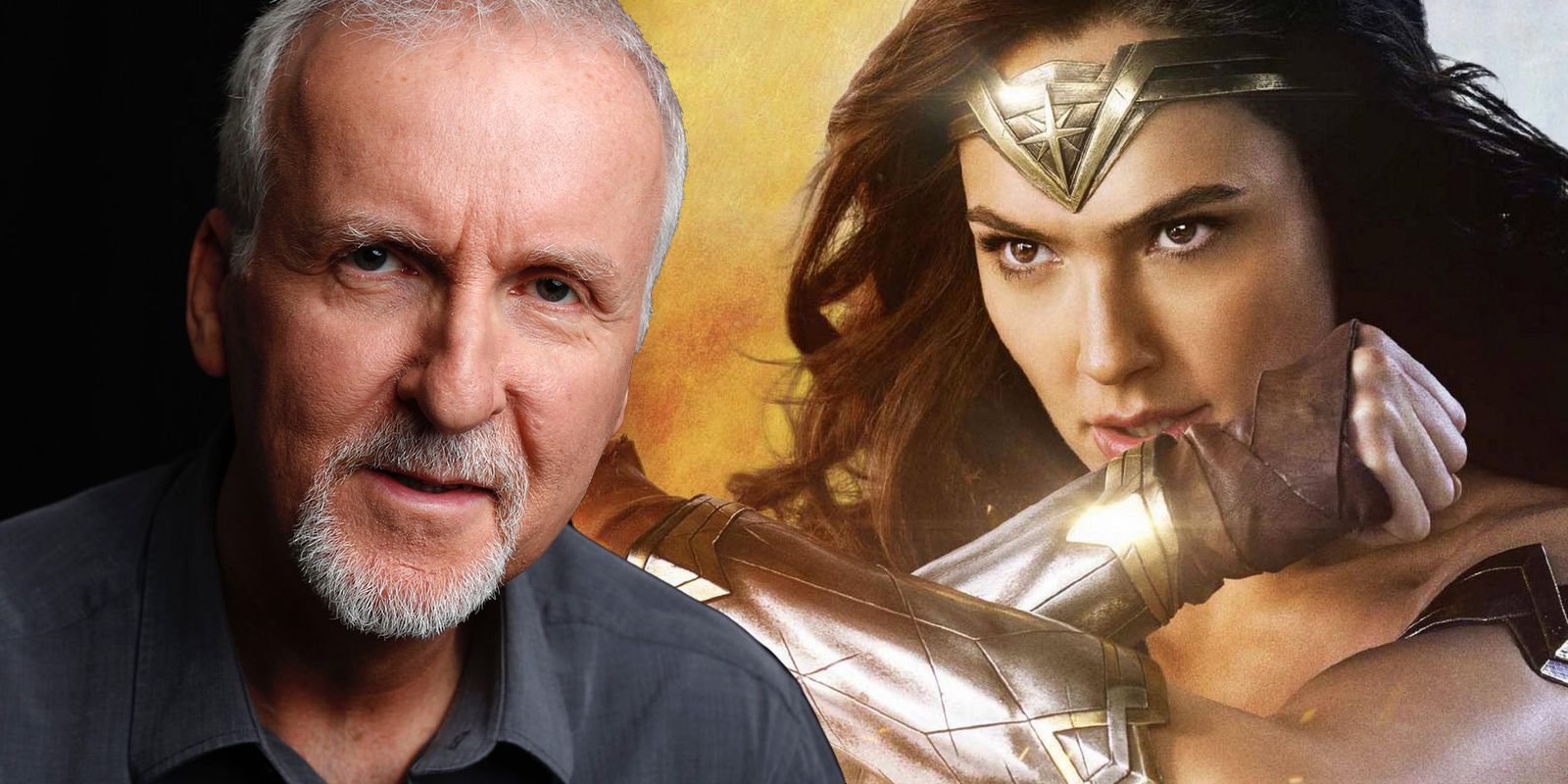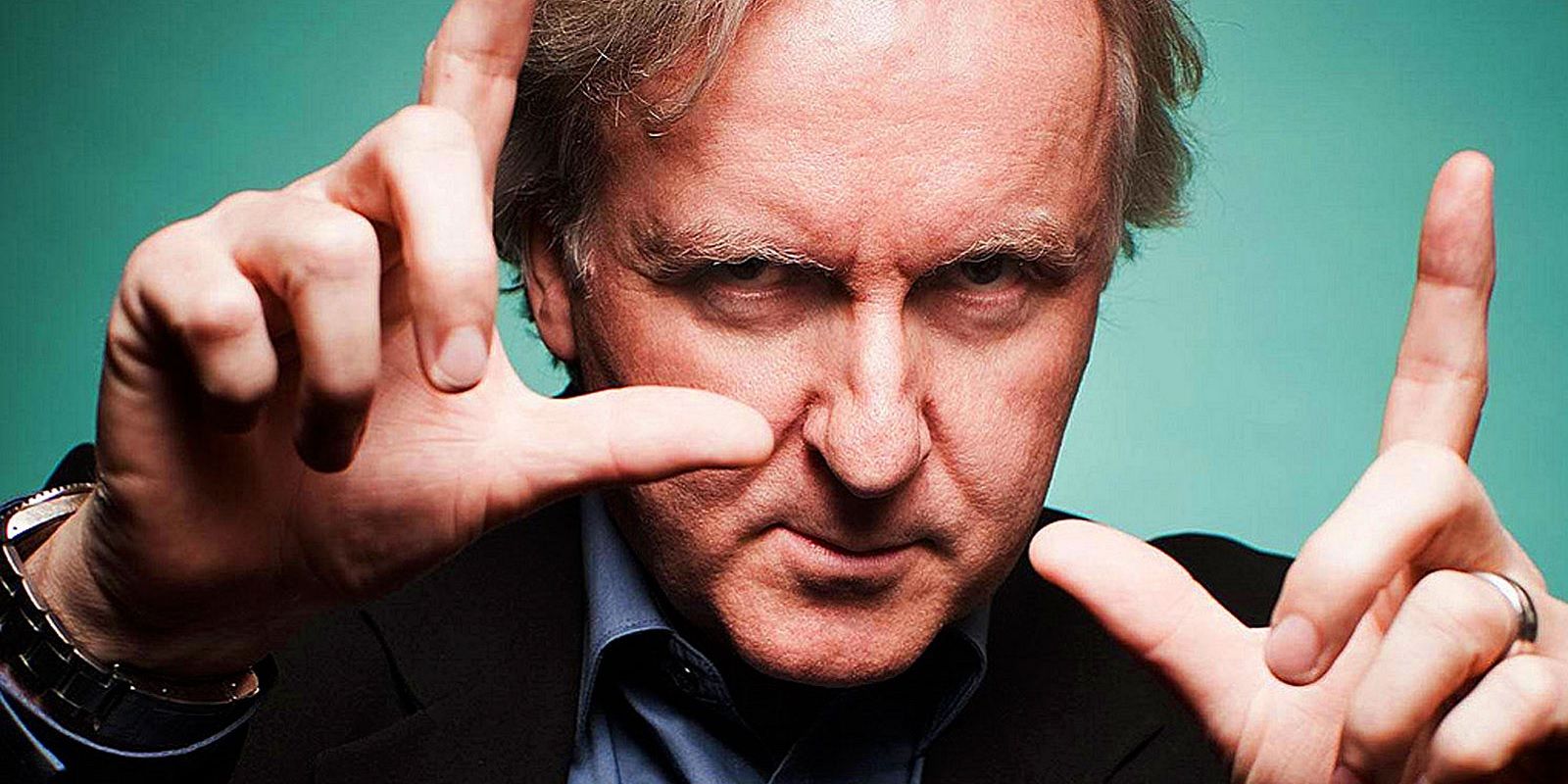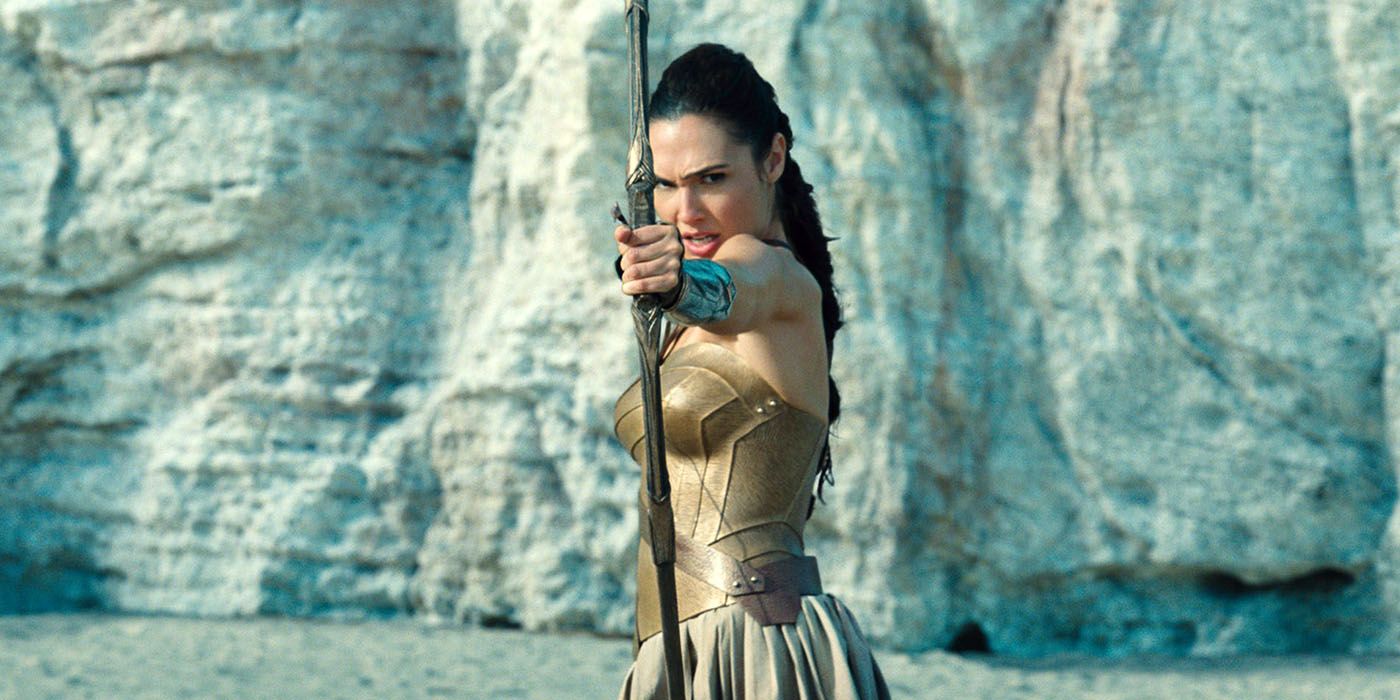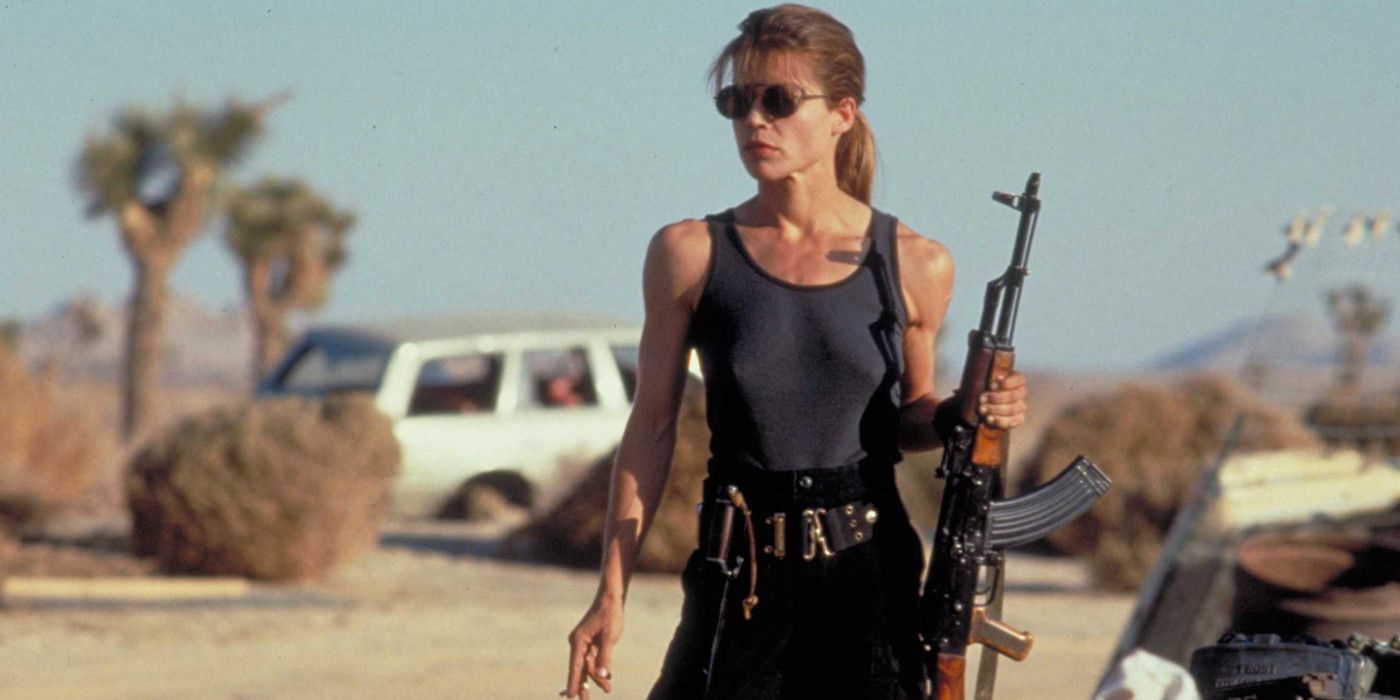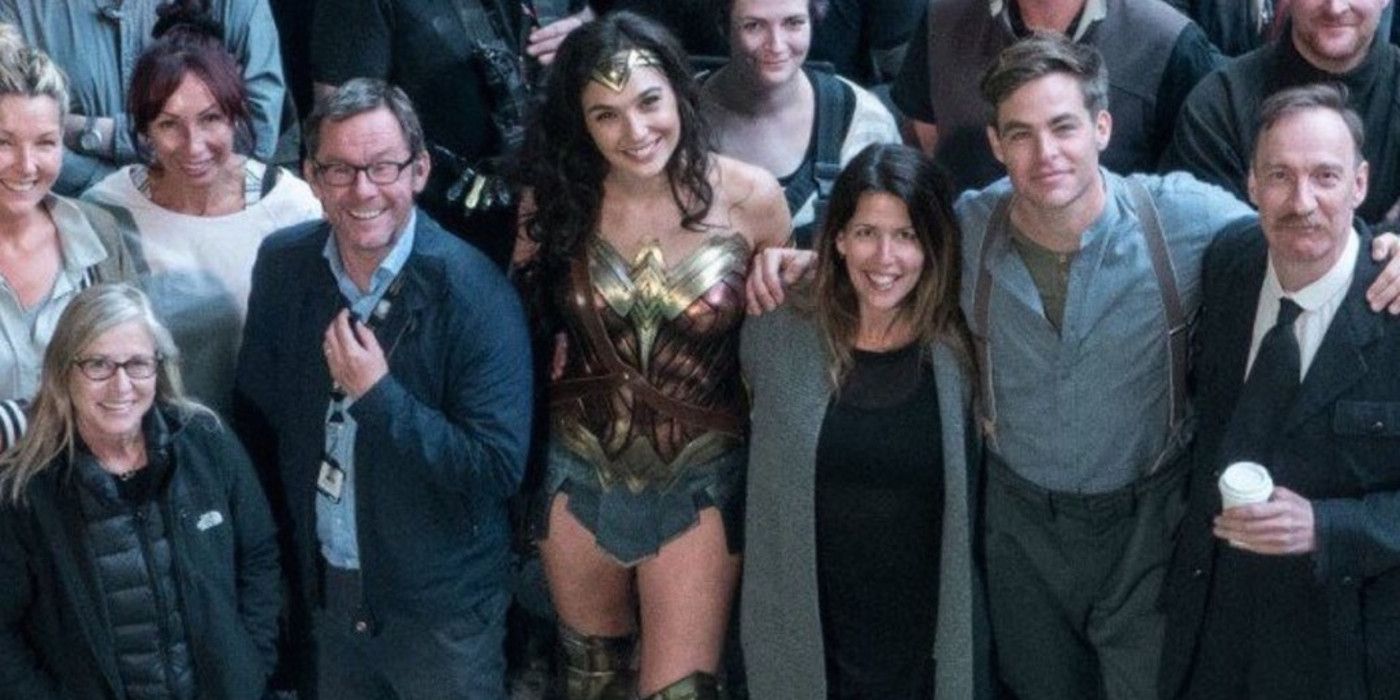The DCEU finally scored a box office and critical smash this summer, with the incredible Wonder Woman - a female fronted superhero movie with a female director, and one that didn't just have female fans celebrating. The Alamo Drafthouse's women-only screenings of the film sold out so quickly that they added more. The film surpassed $800 million at the box office, becoming the highest grossing superhero origin story of all time. It's enjoying the kind of success that all super-movies dream of... but not everyone thinks that this is entirely deserved.This week, director James Cameron made headlines when he said that the film was a 'step backwards', and called Gal Gadot's Diana Prince an 'objectified icon'. Fans were predictably outraged by this slight on the hero, and the unnecessary comparison to Cameron's own Sarah Connor. While some defend the director, we break down what he missed about these two icons of film, and what we need from 'strong women' in cinema today.
What Did Cameron Actually Say?
Before we get started, it's important to be clear about what Cameron actually said. The comments came in an interview about the upcoming 3D re-release of Terminator 2: Judgment Day, where Cameron compared Wonder Woman to the star of that film.
"All of the self-congratulatory back-patting Hollywood's been doing over Wonder Woman has been so misguided. She's an objectified icon, and it's just male Hollywood doing the same old thing! I'm not saying I didn't like the movie but, to me, it's a step backwards. Sarah Connor was not a beauty icon. She was strong, she was troubled, she was a terrible mother, and she earned the respect of the audience through pure grit. And to me, [the benefit of characters like Sarah] is so obvious. I mean, half the audience is female!"
At it's simplest level, Cameron is saying that Wonder Woman is not a new kind of character, or a new kind of strong female hero on the screen. Instead, he focuses on her attractiveness, saying that she is objectified, and that she is just the same problematic hot girl that we've seen so much of in the past. He directly compares her to Sarah Connor, as a strong female character who isn't 'a beauty icon', with the clear implication that Sarah Connor is much better than Wonder Woman when it comes to female representation on screen.
Room For All Women
For many years, 'strong female characters' tended to be 'masculine female characters'. Women who rejected traditionally feminine ideals (like beauty or vulnerability or kindness) to kick ass and take names. These women weren't sexy or friendly, but rather cold and antagonistic, hard drinkers and fighters who don't need no man. And this can be a great kind of powerful woman, one that allows for female characters to step outside the limitations imposed on them by the traditionally feminine. However, Cameron's comment implies that this is the only kind of strong female character that is progressive or different, and that's simply not true.
Strong women can be beautiful, and to say that beautiful women, 'beauty icons', cannot be anything but objectified is deeply problematic. It teaches women that they must choose between being beautiful and kind or being strong and independent - a division that is echoed in multiple toxic stereotypes about women: the good girl vs the cool girl, the prude vs the slut, the virgin and the Magdalene. This kind of dichotomy is damaging because it is so limiting, and because it creates a scenario where women can always be blamed for making the wrong choice.
An accurate representation of strong women isn't an either/or situation, where women cannot show vulnerability if they are going to be 'respected' by an audience (or by other characters). Instead, there needs to be space for a whole range of complex and nuanced female warriors; ones that don't only rely on the toxic idea that a 'strong' woman is one with the characteristics of a stereotypical man.
In Praise Of Sarah Connor
A more surprising issue with Cameron's remarks is that they not only put down Wonder Woman, but they manage to do it while diminishing Sarah Connor herself. She is described as not being beautiful, and as well as 'strong', all he has to say about her is that she is 'troubled' and a 'terrible mother'. Sarah Connor is so much more than her issues, and phenomenally more than her capacity as a mother or maternal instincts (as are all women), and to reduce her 'strength' to her perceived flaws does her discredit - as does the assumption that she is not 'beautiful' because she is not presented as traditionally pretty.
In addition, this kind of pitting one strong woman against another is a perfect example of the 'not like other girls' attitude that assumes the way to lift up one woman is to put another down. There is plenty of space within film to celebrate both gritty survivors like Sarah Connor and loving champions like Diana Prince. There is no limit on the number of permitted variations, and the joy that audiences are taking in Wonder Woman does not diminish the joy that they have when watching a classic female icon like Sarah Connor. Cameron seems to believe that one takes away from the other, and misses the point that they complement each other, rather than compete with one another.
Patty Jenkins And The Take Away
Wonder Woman director Patty Jenkins responded to Cameron's comments yesterday, and reaffirmed that women don't have to be damaged or unattractive in order to be strong.
pic.twitter.com/8zkJXHLCJW— Patty Jenkins (@PattyJenks) August 25, 2017
Where Cameron seems defensive of his own ideas of the 'strong female character', Jenkins gently points out that Wonder Woman's success doesn't diminish Sarah Connor's place in the pantheon of iconic women warriors on screen. She also reminds him that he is not better able to judge the kind of woman to be celebrated than women themselves - the same women who love Sarah Connor, but who are waiting for a more diverse range of female icons to be presented.
Wonder Woman is not simply the 'same old', no matter how you slice it (or how James Cameron tries to play it). She is the first truly successful female superhero to carry a film on the big screen - and given the supposed 'curse' of female-fronted superhero movies, that alone is a reason to celebrate. She is a warrior woman who does not simply react to circumstances thrust upon her, finding her strength in survival, but one who leaves a comfortable situation to fight for the sake of honor and goodness. She re-claims the skirt that she wears as clothing for fighting in, and moving in, rather than for showing off her legs to men, and she finds her deepest strength in love, not in fear.
Cameron's comments show that there is still a way to go with strong female heroes, and it is easy to be discouraged by that. But Diana Prince would look to the response, and be uplifted by the reminder that there is plenty of room for all kinds of powerful women on the big screen, whether gritty or graceful (or something in between).

